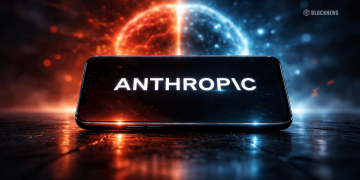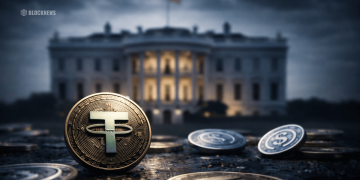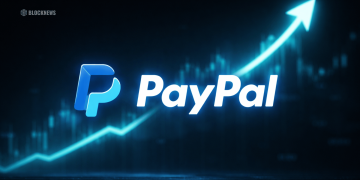In the current NFT climate, NFT Content Creators receive royalties through end-user agreements or through a platform that transfers the royalties. They receive a percentage of royalties each time the work is resold.
Should NFT content creators receive royalties for their work? And if so, how? This is the Great Debate and what we are looking at here today.
Some say NFTs are just a fad, and, like recording artists, royalties cannot be counted on as they depend on the honesty of the third parties who use their services. Others see the longevity that NFTs have and have tapped into this world of digital art and are being rewarded handsomely for it. How is this possible? To be rewarded handsomely, you may ask. Well, it’s the magic of the Blockchain that makes it honest.
What makes magic, in this case, is the smart contract. The royalties are bound by an intuitive design every time the NFT sells. The royalty cut gets portioned off for the holder of that NFT. It is not an agreement that a human has to honor; it’s an automatic execution on the Blockchain.
What we have here is a blockchain guarantee that you will receive royalties. So, now that you can expect to get royalties, the question is, ‘should you get them?
Summed Up:
Why Content Creators Should Get Royalties:
- Because they can, they have the right to.
Because they have that artistic license, and if others are to profit from it somehow, then they should to
Because Blockchain makes it possible.
Why Content Creators Shouldn’t Get Royalties.
- Recording artists don’t get them guaranteed. Why should they?
- One original profit should be sufficient.
- Because too many copies can make them redundant due to overflooding on the market.
In Detail:
NFT Creators and the Blockchain are entangled, and web3 tech guarantees security in receiving your royalties. Sadly, this isn’t the case with recording artists because they need humans to sign off on things. While NFT content creators can enjoy that security, may it be a case of bitterness and resistance to change that other industry have?
Though some argue that the art is sold once to one person, the day exchange happens, which gives it that extra something special, and NFTs can be copied very quickly, and who is to know which one came first?
Piracy exists in most industries, but in the case of the NFT, only one copy of that code is held by one key on the Blockchain. Though copies of the data are spread across web3, it is still a key held by one person, so you could argue that unique value remains.
If that is the case, then all you have is an efficient method for content creators to receive their royalties.
Touching on the point of copies, when you know you can illegally download a copy, would you pay for it? That might come down to your ethics and values, but just as you would buy a copy of a book and pay the book shop total price, you would pay an NFT content creator to have and use that digital art. Let’s say you have an online business and use someone’s art on your page. You may gain more traffic because of it. Why shouldn’t you pay for that?
Blockchain makes it possible to have an efficient royalty payment system. Can we say, then, that because we can, we should?














